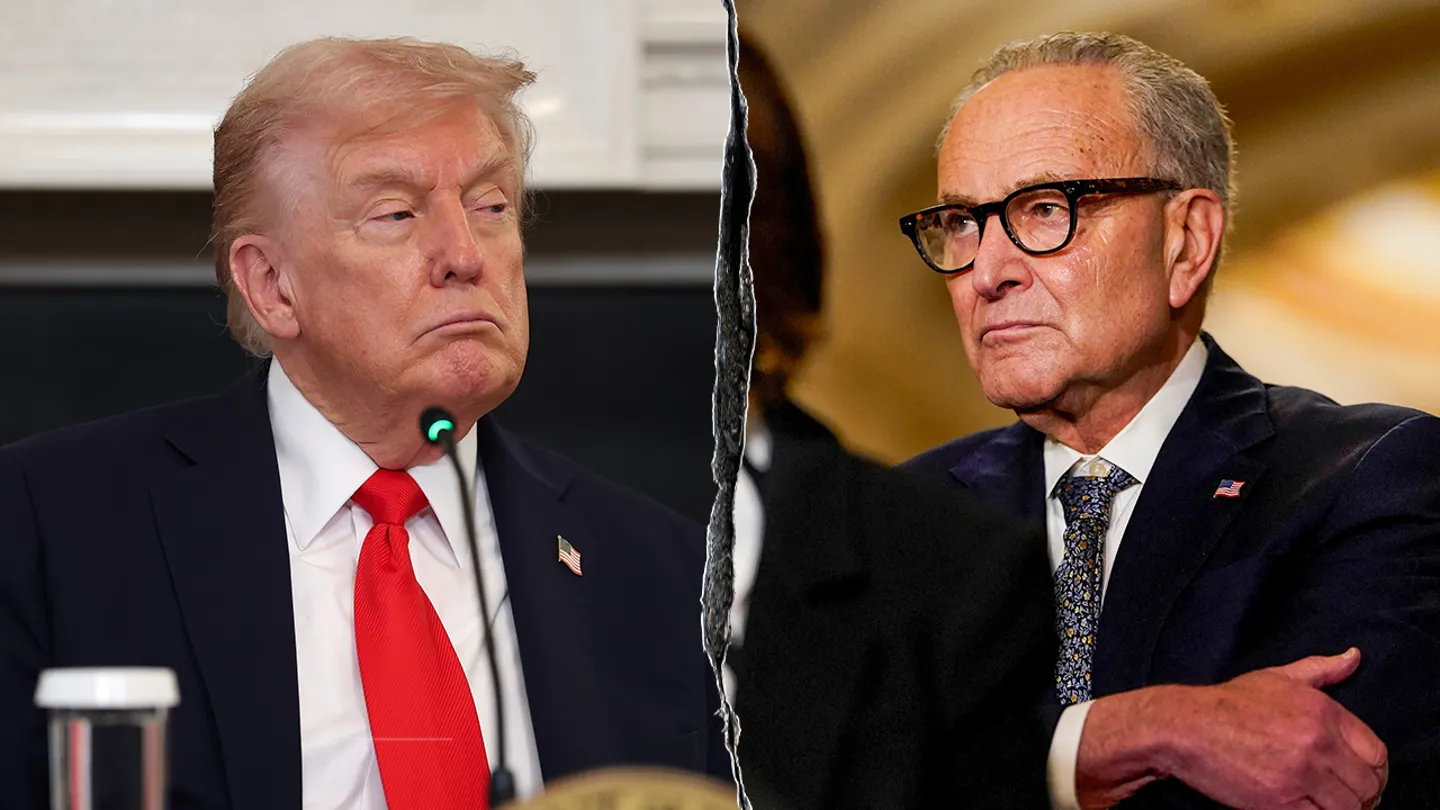Compounding issues like increased comorbidities and lower access to proper medical care can be destructive for those who get Covid multiple times.
After contracting Covid for the third time, in May 2022, S. Monet Wahls noticed that her usual fall and winter cough became a perpetual, year-round hacking. Respiratory issues made sleeping at night challenging.
Lingering, chronic symptoms like Wahls’ illustrate the potential effect of multiple cases of Covid on one person, doctors told NBC News. While there seems to be a range of experiences each time a person gets Covid, Dr. Geoffrey Mount Varner, an emergency room physician in Maryland and Virginia, said Black people should be vigilant about avoiding multiple Covid infections. Left unchecked, the effects of the virus could devastate Black communities.
“Some of the data clearly showed that Covid impacted Blacks disproportionately, so it only makes sense that it’s going to be the same with multiple infections because there are so many people who had it,” Varner said. “And because we have more comorbidities such as diabetes, heart disease and obesity — the main drivers in terms of having a negative impact as it relates to Covid — with multiple infections the data is showing that each infection is like a health insult that will manifest itself more in the hardest-hit community, which is Black people. So, you have a sick person getting this virus more than once and the outcome is going to be different, more harmful, than white counterparts.”
According to a wide-reaching meta-analysis published in 2021, Black people diagnosed with Covid were more likely to be admitted to intensive care units.
“I’m already living with the aftermath of Covid,” said Wahls, a business consultant in Brooklyn, New York. “The health issues I had have increased to serious levels. So, people like me, who had a near-death experience with Covid and has had it two other times … we know of the effects of it going through your body and causing problems you didn’t have before having Covid.”
The virus strongly affects Black people, who often live in areas where access to quality health care is not easily available. The lower likelihood of having health insurance and decreased access to clinical care only exacerbated the effects of Covid among Blacks and Latinos, creating a cycle of hardships that could stunt family growth, said Dr. Jayne Morgan, a cardiologist and the executive director of the Covid task force at Piedmont Healthcare in Atlanta.
“If you’re a Black person and you get Covid multiple times, you’re talking about increasing your chances of disability,” Morgan said. “We’re talking about your inability to take care of your family because you have these Covid-related health challenges.”
William Matos, an attorney in Atlanta, had Covid three times, the first and harshest case of migraines and body aches around Christmas 2021. “It was murderous,” he said. Matos got the vaccination and booster shot, and his other cases of the coronavirus were not as severe — more like allergies, he said — but he said he is concerned about what could happen in the future.
“The impact of long Covid lingers,” he said. “People said it would be like the flu. Well, you get the flu and you get over it, hopefully, and you move on. That’s not what doctors are telling us about what they are seeing with Covid. You get it multiple times and it’s doing something to the body that the flu hasn’t.”
Morgan, the cardiologist, said: “The omicron variant is smart enough to confirm mild symptoms and give people a false sense of security, but stealth enough to be the most infectious variant we’ve had. It’s so incredibly successful, infecting people over and over again and making people say, ‘Oh, this is nothing.’ But it keeps swirling around. Reinfection doesn’t necessarily mean that you’ll be protected from the next evolution of the variants, which are hurting people now. So people have to take protective measures over reckless behavior, which, we are seeing now, is not without consequences.”
Some of those protective measures, Varner said, are well known, like wearing a mask in public, crowded places; thorough washing of hands; and getting the vaccine and booster shots. He added that vitamins and minerals may also help fight against Covid.
“Vitamins like C and D, as well as zinc, have been shown to enhance immunity,” he said. “People should consider consulting with a health care professional to determine their specific needs and the appropriate supplements for them.”
He also said consistent physical activity and exercise like a brisk walk or home workout could strengthen the immune system. Varner added that seven to nine hours of quality sleep each night is a “vital aspect of maintaining a strong immune system.”
He also pointed to drinking plenty of water to help “with the production of white and red blood cell lines.”
Morgan said these concerns of Covid would be minimized if the population had, en masse, taken the vaccine options to achieve herd immunity, which is when a dominant faction of the population becomes immune to a disease.
“This became a political football … and science didn’t have a voice or very weakened voice, a soft voice,” she said. “Science wasn’t ready for a virus in the era of social media, which took over the narrative of what was going on with Covid instead of the voices of the doctors. Everyone was spreading all kinds of theories — while the disease spread.”
Varner said the messaging to Black people on the harms of multiple infections — as well as the importance of getting the vaccinations — has to change.
“It has been consistently clear that when you send a message through people who look like the person you’re trying to capture, the message goes through easier, is accepted better,” Varner said. “The messaging has not changed at all. And there does not appear to be a focused effort to reach Black folks who don’t have easy access to Wi-Fi or people who may not have as much access to true medical knowledge. All of this makes us more vulnerable.”
Getting Covid several times can have an outsize effect on Black people, doctors say




